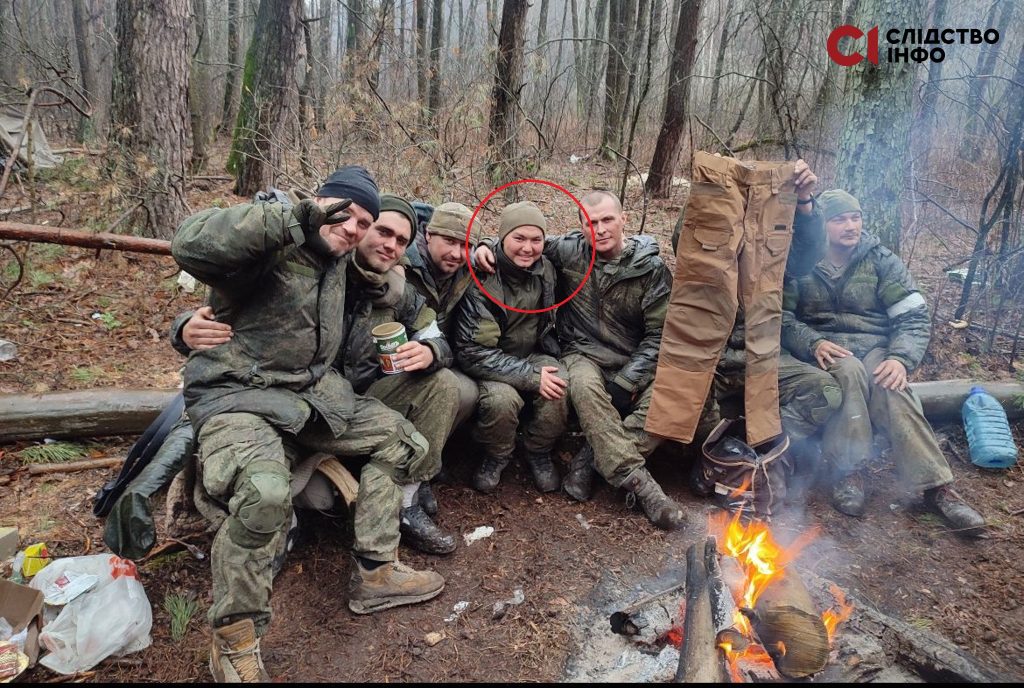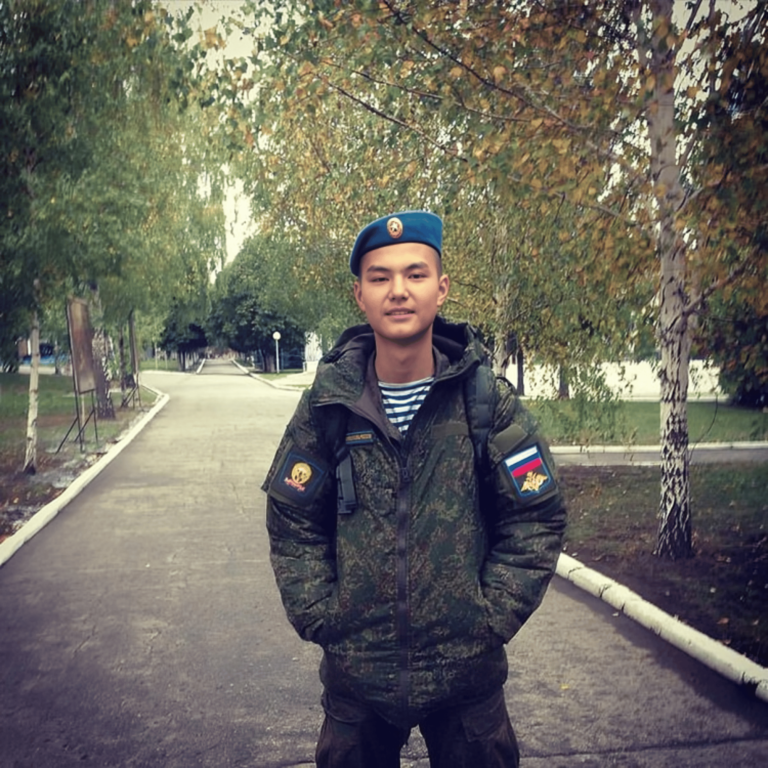On 20 November, the international legal fund Global Rights Compliance published details of a Notice of Suspicion issued by the General Prosecutor's Office of Ukraine and the National Police of Ukraine. The new posting on the Fund's website was highlighted by Reuters and subsequently by other global media outlets.
"For the first time, the new Notice of Suspicion points to a coordinated criminal plan emanating from the Russian leadership during one of Ukraine's bloodiest mass killings," the Global Rights Compliance website said.

The suspects have already been
The massacre in the town of Bucha in the Kiev region occurred during the brief Russian occupation in March 2022. More than 450 bodies were exhumed after the area was liberated - the vast majority of the victims were shot, tortured or beaten to death.
In April 2022, Russian Foreign Ministry spokeswoman Maria Zakharova described the Buche massacre as a hoax designed to justify sanctions against Russia and to deflect the possibility of a peaceful resolution to the Russian invasion.
Russia's first deputy permanent representative to the UN, Dmitry Polyanskiy, described the Buche massacre as a false flag operation carried out by the Ukrainian secret services and Britain's MI-6, and Russian state media also refuted the involvement of Russians in the massacre. The Kremlin's claims that the dead appeared in the town after the Russian troops had left have been refuted on the basis of satellite images.
Although the occupying army has committed several massacres and war crimes in Ukraine - for example, in Olenivka, Volnovakh or Yahidny - none has surpassed the crimes in Buche in terms of the number of victims or the systematic nature of the crimes.
Until recently, of the nearly four dozen members of the Russian army associated with the Bucha massacre, the most notorious was one of their commanders: a 38-year-old Karakalpak from the Russian Republic of Buryatia, Lieutenant Colonel Azatbek Omurbekov, nicknamed the Butcher of Bucha at the time.
The latter has been considered a suspect by the Security Service of Ukraine (SBU) since June 2025 for a number of criminal offences. On the first of November, five Russian soldiers, led by Korean-born Lieutenant Yuri Kim, born on 3 July 1997, joined the suspects in the Bucha massacre.
Recall that the first case of a Russian soldier being convicted of murdering a civilian occurred in Ukraine on May 23, 2022, when Vadim Shishimarin, who had been captured by Fedir Kiselar, was convicted - he gave an interview to the Standard in October this year.
A familiar face
Kim, according to investigators, "ordered his forces to persecute, harm and kill persons he believed to be supporters or helpers of the Ukrainian armed forces or security forces."
Kim was first mentioned last year, when he was recognised in a photograph by a Bucha survivor. He posted the photo on the social network VKontakte, from where it was taken down by the Ukrainian portal Slidstvo.Info. The survivor is the mother of a Ukrainian man who was dragged into a neighbouring house by five Russian soldiers led by Kim and eventually executed by a shot to the head.
The Russian opposition media outlet Agosti reports that Kim has since changed his name on social media to Yuri Ivanov. Shortly after the article was published, his social network account disappeared.
Systematics
The new notice of suspicion against Kim differs from previous ones in that it "points to the possible responsibility of the Russian commander for systematic and coordinated war crimes committed by the Russian armed forces under his command in Bukhara."
It is also the first time that the Ukrainian prosecutor's office has named a commander as a suspect, rather than just the soldiers who directly committed the crimes, which Deputy Prosecutor General Andriy Leshchenko said was "a major step towards justice for the systematic and widespread war crimes committed in Buchi".
The Lawyers' Fund states that "the methodical and systematic nature of these acts - from the first minutes of the occupation - along with similar practices in other areas of Ukraine, clearly indicate the possible involvement of the Russian leadership."
The Russian side has not yet commented on the suspicions, which Leshchenko described as "a precedent for future international prosecution of war criminals".
Massacre at the time of the peace proposal
The Russians were forced out of northern Ukraine in the run-up to the peace talks. However, Ukrainian President Volodymyr Zelensky, who visited Bucha on 4 April, said the talks would continue, although Russia dismissed the Bucha atrocities as an orchestrated "provocation".
In the end, peace was not made anyway. One of the reasons was the Kremlin's demands, which were unacceptable to Kiev - recognition of the separatist republics, payment of reparations, Russian as the official language, permission to use communist symbols, and so on.
On 12 May, roughly a month after the Ukrainian-Russian peace talks collapsed for good, Zelensky said that "with each new Bucha, with each new Mariupol, with each new town where dozens of dead lie, cases of rape, with each new atrocity, both the desire and the possibility of negotiation disappear".
The November announcement of Lieutenant Kim's suspicions was made shortly before Ukrainian MP Olexiy Honcharenko published a 28-point proposal for a peaceful end to the Russian-Ukrainian war proposed by the United States.
Point 26 states that "all parties to the conflict will receive full amnesty for actions during the war and agree not to make claims or settle grievances in the future."
